Refine listing
Actions for selected content:
1299955 results in Books

Gender and Uptalk in Hong Kong English
- Coming soon
-
- Expected online publication date:
- February 2026
- Print publication:
- 28 February 2026
-
- Element
- Export citation

Central Banking and Sustainability
- Coming soon
-
- Expected online publication date:
- February 2026
- Print publication:
- 28 February 2026
-
- Book
- Export citation

The Cambridge Companion to Electronic Dance Music
- Coming soon
-
- Expected online publication date:
- February 2026
- Print publication:
- 28 February 2026
-
- Book
- Export citation

A Critical Genealogy of Humanism
- Coming soon
-
- Expected online publication date:
- February 2026
- Print publication:
- 28 February 2026
-
- Element
- Export citation

The Life of Freedom in Kant and Hegel
- Coming soon
-
- Expected online publication date:
- February 2026
- Print publication:
- 28 February 2026
-
- Book
- Export citation

The Jena 6
- Of Nooses, Fights, Narratives, and Movement Building
- Coming soon
-
- Expected online publication date:
- February 2026
- Print publication:
- 28 February 2026
-
- Element
- Export citation

The Practical Mind
- Skill, Knowledge, and Intelligence
- Coming soon
-
- Expected online publication date:
- February 2026
- Print publication:
- 28 February 2026
-
- Book
- Export citation

The Italian; or, The Confessional of the Black Penitents
- Coming soon
-
- Expected online publication date:
- February 2026
- Print publication:
- 28 February 2026
-
- Book
- Export citation
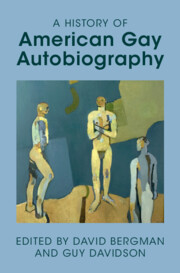
A History of American Gay Autobiography
- Coming soon
-
- Expected online publication date:
- February 2026
- Print publication:
- 28 February 2026
-
- Book
- Export citation
Bandit Convex Optimisation
- Coming soon
-
- Expected online publication date:
- February 2026
- Print publication:
- 28 February 2026
-
- Book
- Export citation
Empirical Legal Studies in EU Law
- Coming soon
-
- Expected online publication date:
- February 2026
- Print publication:
- 28 February 2026
-
- Book
- Export citation

Order, Authority, Nation
- Neo-Socialism, Fascism, and Political Conversion in Interwar France
- Coming soon
-
- Expected online publication date:
- February 2026
- Print publication:
- 28 February 2026
-
- Book
- Export citation
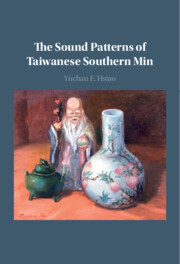
The Sound Patterns of Taiwanese Southern Min
- Coming soon
-
- Expected online publication date:
- February 2026
- Print publication:
- 28 February 2026
-
- Book
- Export citation
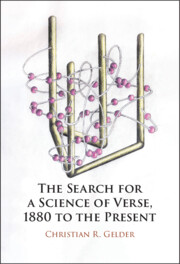
The Search for a Science of Verse, 1880 to the Present
- Coming soon
-
- Expected online publication date:
- February 2026
- Print publication:
- 28 February 2026
-
- Book
- Export citation
Mental Illness Stigma and the Moral and Social Community
- Coming soon
-
- Expected online publication date:
- February 2026
- Print publication:
- 30 April 2026
-
- Book
- Export citation

Technocrats in Turmoil
- The Fed, the ECB, and the Changing Politics of Money
- Coming soon
-
- Expected online publication date:
- February 2026
- Print publication:
- 28 February 2026
-
- Book
- Export citation

Life, Death, and Migration in the Early Modern City
- The Urban Historical Demography of Würzburg
- Coming soon
-
- Expected online publication date:
- February 2026
- Print publication:
- 30 April 2026
-
- Book
- Export citation
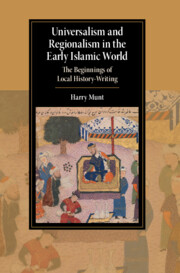
Universalism and Regionalism in the Early Islamic World
- The Beginnings of Local History-Writing
- Coming soon
-
- Expected online publication date:
- February 2026
- Print publication:
- 28 February 2026
-
- Book
- Export citation

Making Sense of Mass Education
- Coming soon
-
- Expected online publication date:
- February 2026
- Print publication:
- 28 February 2026
-
- Textbook
- Export citation
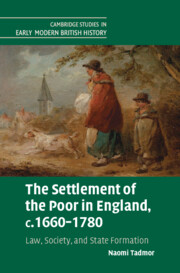
The Settlement of the Poor in England, c.1660–1780
- Law, Society, and State Formation
- Coming soon
-
- Expected online publication date:
- February 2026
- Print publication:
- 28 February 2026
-
- Book
- Export citation
